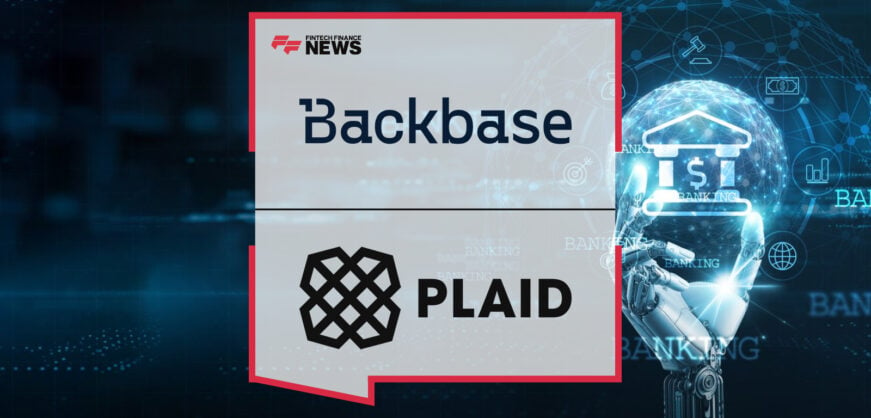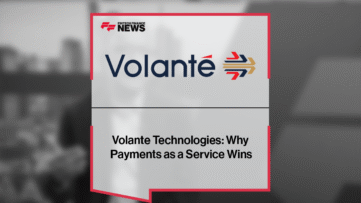Breaking News

Navigating criminal fraud in the financial services industry
Mark McCluskie, Head of Investigations EMEA, Nuix
Criminal fraud on the rise
Whilst the corporate world navigated the world’s largest remote working experiment during COVID-19, fraud has been on the rise with a report showing that prosecutions of company directors, financiers and CFOs jumped by 205 percent, according to law firm Mazars.
Not everyone in the financial services world see criminal fraud as an issue, as corporations tend to separate breaching company rules and regulations from criminal activity. However, failing to identify criminal fraudulent activity can be costly to a bank, financial institution, or fintech, leading to legal action as well as reputational damage to the organisation’s brand.
Early identification a game-changer
Early identification of fraud is crucial, to ensure that the financial services companies are protected and aren’t held accountable for the actions of certain malicious actors. By analysing data and documentation, Fintechs, corporations and CEOs can better understand the nature of activities and even the reasoning of the perpetrator behind such an attack.
However, finding evidence of fraudulent activity is often difficult. The clues may lie in emails and attachments, documents on file shares, text messages, recordings of phone calls or voicemails, and external sources such as social media and visits to forum sites. It may only become apparent that a company is witnessing fraudulent activity by comparing the claims people make against indications of real-world activity such as building access logs, records in business systems, or patterns of behaviour.
Types of fraud
There are many different types of corporate fraud for fintechs and financial businesses to be aware of including contractor fraud, quality control, financial crimes – such as money laundering and market manipulation – and wage replacement program fraud.
Uncovering fraud is a game of connecting the dots. By conducting in-depth searches of data, keeping track of activity and by simply knowing the signs to look out for, banks and Fintechs alike can prevent fraud from harming their company.
Reporting key to protecting business
Companies should always report fraud as soon as they are made aware of it – both to support the victim and to protect brand reputation. The work of government and law enforcement agencies is integral to the prevention and detection of fraud, as well as gathering and securing evidence for any criminal justice process. This work however is often long and complex, especially in today’s world of ever-growing quantities and variance of data types.
Our partnership with Police Scotland using Nuix software, as evidenced in their recent case study, provided them with collaborative, holistic, and technology-driven approaches to processing and reviewing large quantities of digital material, and by putting that directly in the hands of the ‘investigators’ for ‘at desk review’, has dramatically reduced the amount of time cases are taking to be investigated – producing a speedier and more cost-effective process for the victims and judicial processes alike.
Companies In This Post
- Paytently Strengthens Fraud and AML Capabilities with SEON Partnership Read more
- Onics’ Take on the Future of Insurance Engagement Read more
- Backbase and Plaid Partner to Bring Open Finance to AI-Powered Banking Read more
- How ING Sees AI Changing Banking: Humans for Advice, Agents for Speed Read more
- Volante Technologies: Why Payments as a Service Wins Read more

















